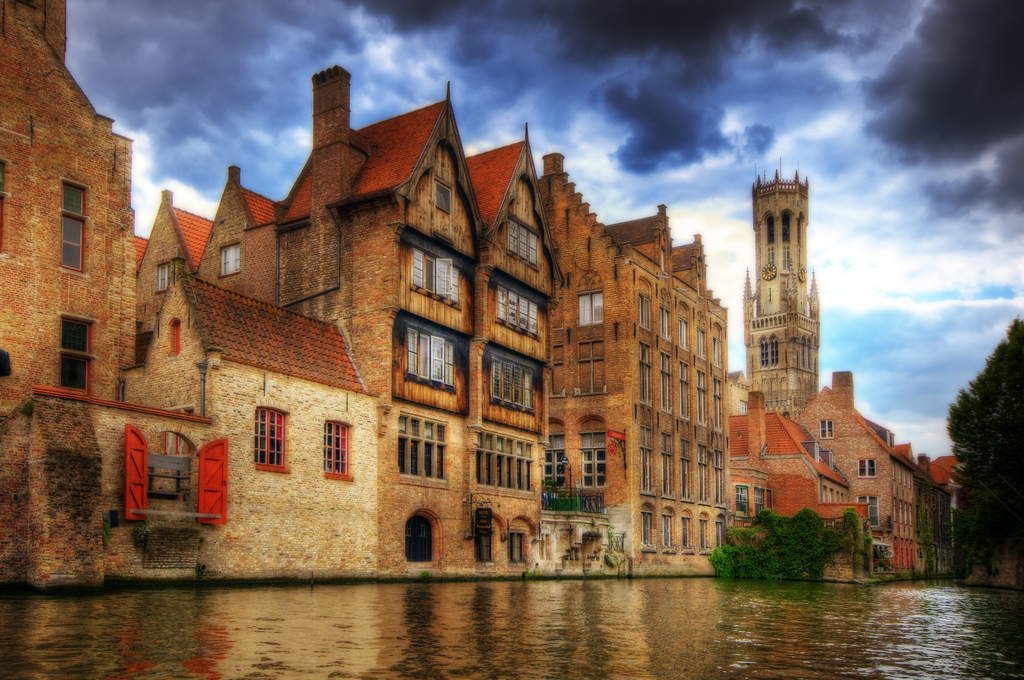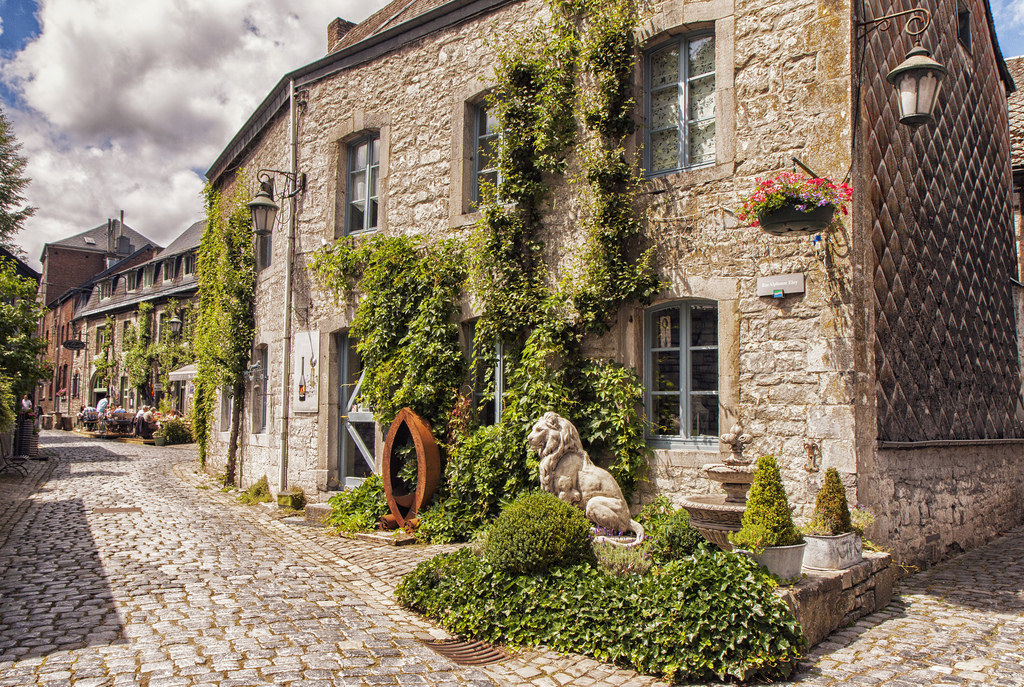If you’re considering moving your family over to Brussels, you might have a few questions and a lot of research to do. How do you get a visa to work in Brussels? What’s the healthcare system like? How do taxes work? These questions, along with many other worries or anxieties, need to be addressed before you take the plunge. This guide gives an informative look at moving to Brussels with a few key areas addressed:
What about Residency?
All people who plan to stay in Belgium for more than three months are considered “residents.” This means that they must prove that they are entitled to reside in Belgium. The guidelines for this vary depending on your nationality, profession and why you want to stay in Belgium.

EU nationals do not need a visa or work permit to enter Belgium, but Non-EU nationals and new EU Member State nationals may do. It is important to check on their website online to see whether you need to apply for a visa.
What about buying Property?
Fortunately, there are no restrictions preventing foreigners from buying a property in Belgium. The rental market is also booming in Brussels if you want to consider renting first. For more information on buying or renting in Brussels, check out this in depth property buying guide.
What about Working?
If you are a freelancer, or self-employed, you must be at least 18 years of age and you must be able to communicate in one of the Belgian national languages. Other jobs can be applied for widely online, but again there may be a requirement to speak a desired language so you may want to check this before submitting your CV.
What about Children?
If you’re thinking about childcare, Anglo Info also offer a list of directories you can use to find a nanny in Brussels and you can do this before you even move to the country, to build up a report and to check out whether the nanny would be a good match for you. You can check online services out in depth, such as those at Angloinfo.com, and look up the various childcare qualifications the nanny has and even read reviews from other clients of the nanny.
If you’re thinking about what school your child will attend in Brussels, newcomers to Belgium have two options. You can either enrol your child in a school operating within the Belgian system, or you can send your child to one of the many international schools in the country. You could also homeschool your children although this is a much lesser used option in the country.
Education is compulsory for all children between the ages of 6 and 18 in Brussels. If your child is younger, nursery schools are available for children from two and a half years upwards. These are usually quite easy to get into and again, can be looked up online.














